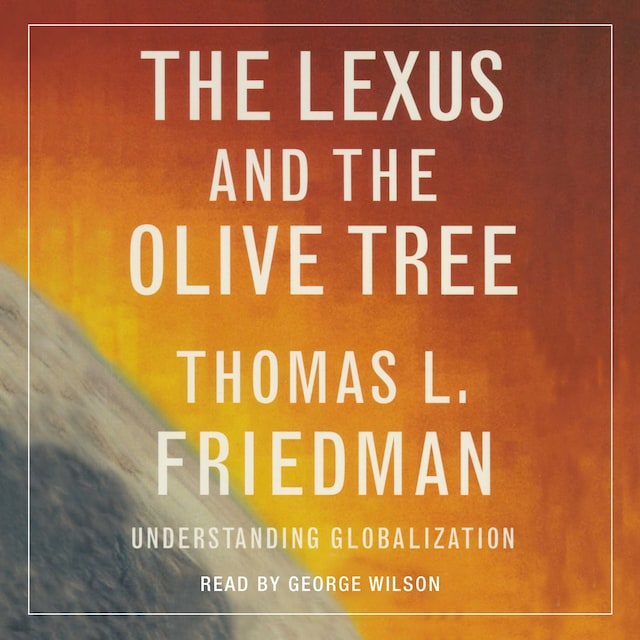
The Lexus and the Olive Tree
Understanding Globalization
Description of book
As the Foreign Affairs columnist for The New York Times, Thomas L. Friedman has traveled to the four corners of the globe, interviewing people from all walks of contemporary life -- peasants in the Amazon rain forest, new entrepreneurs in Indonesia, Islamic students in Teheran, and the financial wizards on Wall Street and in Silicon Valley.
Now Friedman has drawn on his years on the road to produce an engrossing and original look at the new international system that, more than anything else, is shaping world affairs today: globalization.
His argument can be summarized quite simply. Globalization is not just a phenomenon and not just a passing trend. It is the international system that replaced the Cold War system. Globalization is the integration of capital, technology and information across national borders, in a way that is creating a single global market and to some degree, a global village. You cannot understand the morning news or know where to invest you money or think about where the world is going unless you understand this new system, which is influencing the domestic policies and international relations of virtually every country in the world today. And once you do understand the world as Friedman explains it, you'll never look at it quite the same way again.
Using original terms and concepts -- from "The Electronic Herd" to "DOScapital 6.0" -- Friedman shows us how to see this new system. With vivid stories, he dramatizes the conflict of "The Lexus and the Olive Tree" -- the tension between the globalization system and ancient forms of culture, geography, tradition and community -- and spells out what we all need to do to keep this system in balance.
Finding the proper balance between the Lexus and the olive tree is the great drama of the globilization era, and the ultimate theme of Friedman's challenging, provocative book -- essential listening for all who care about how the world really works.
Format:
Language:
English


